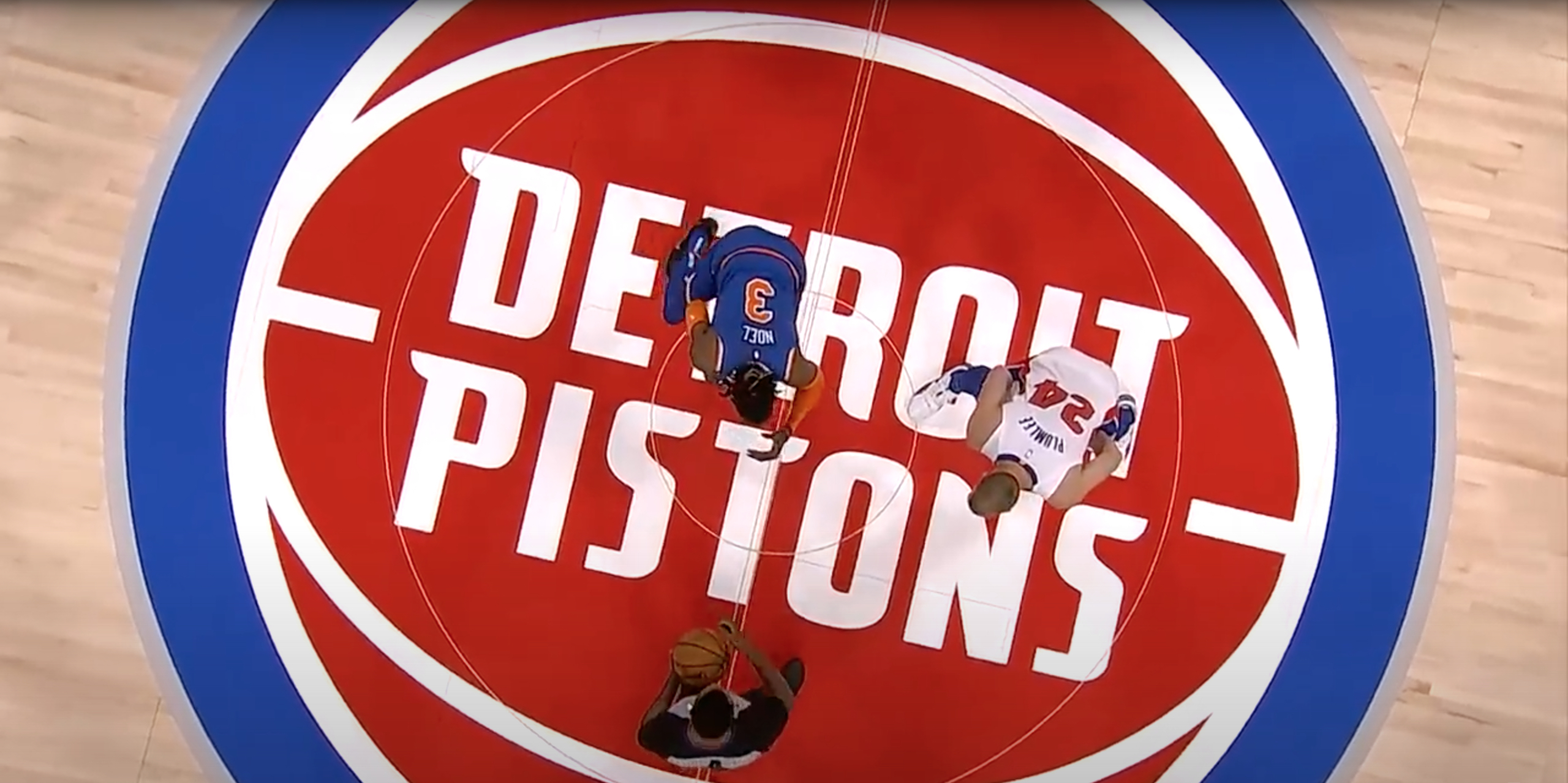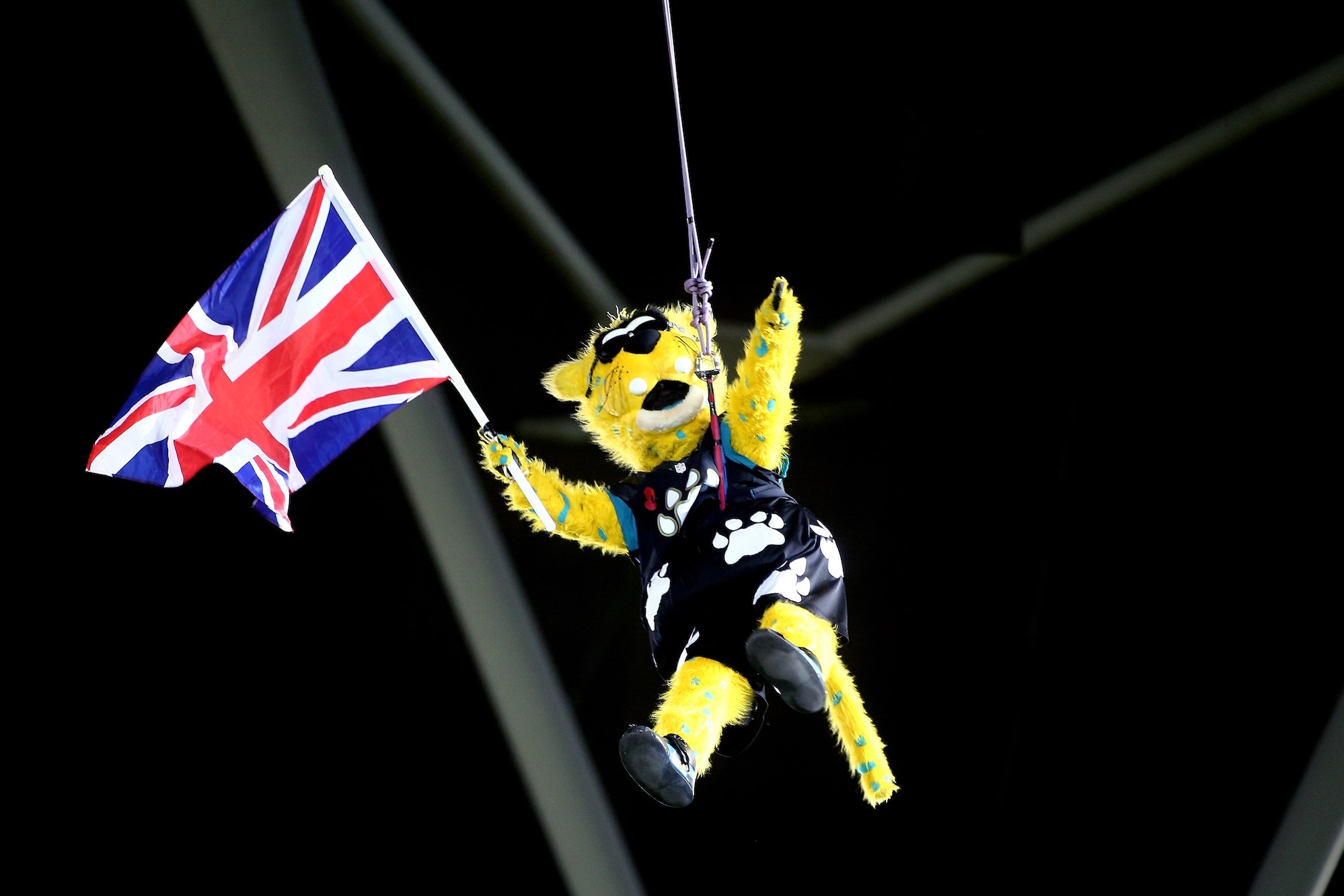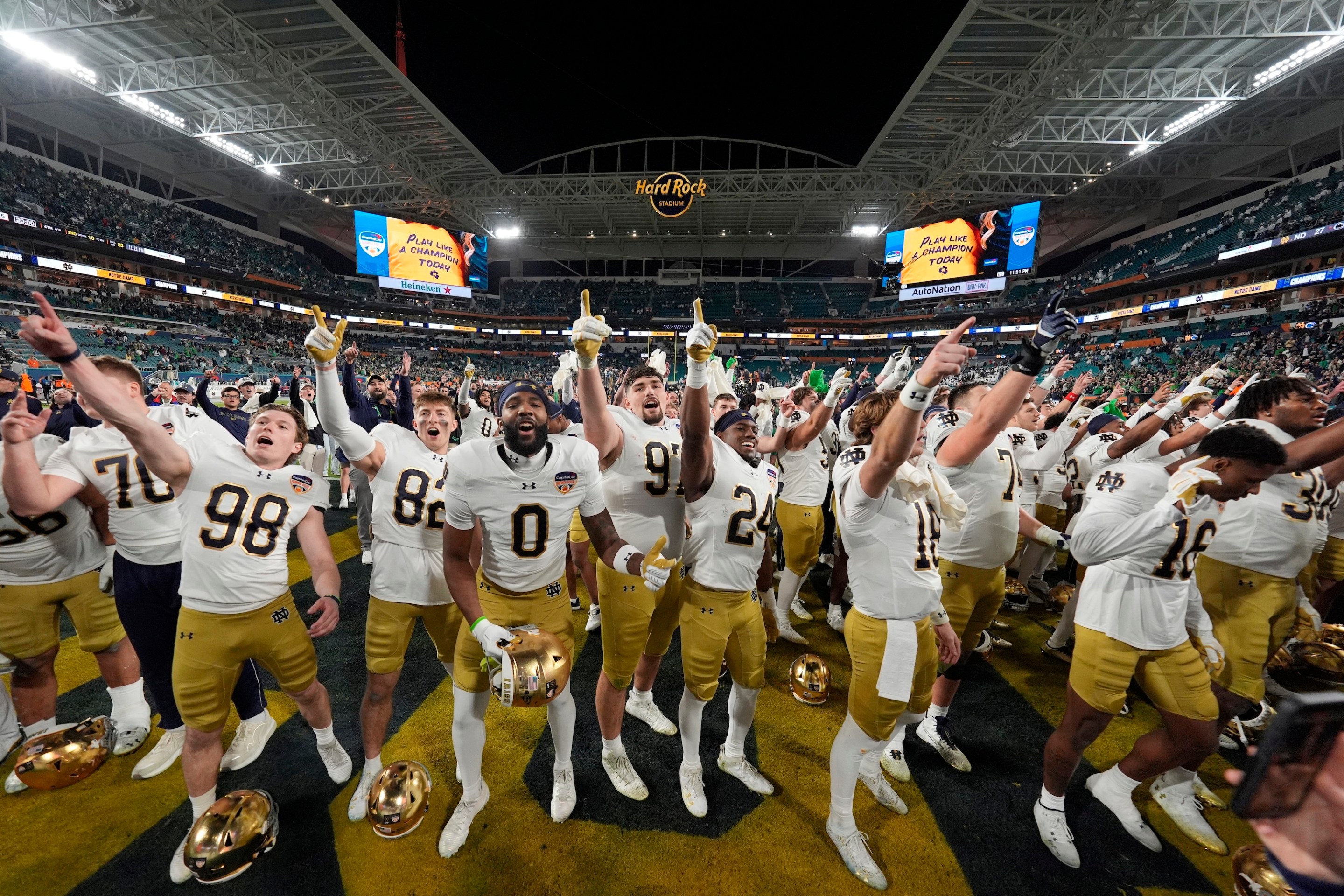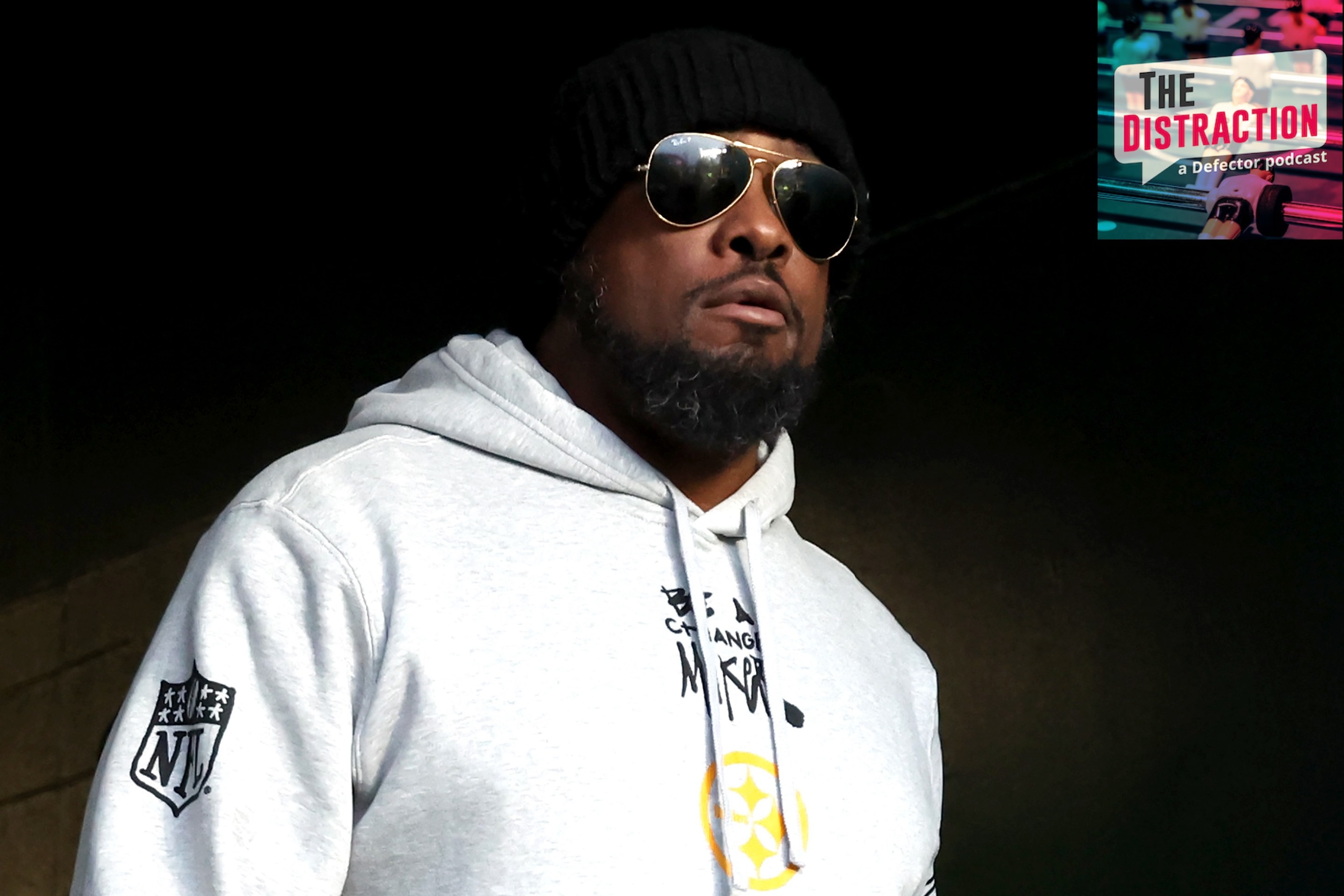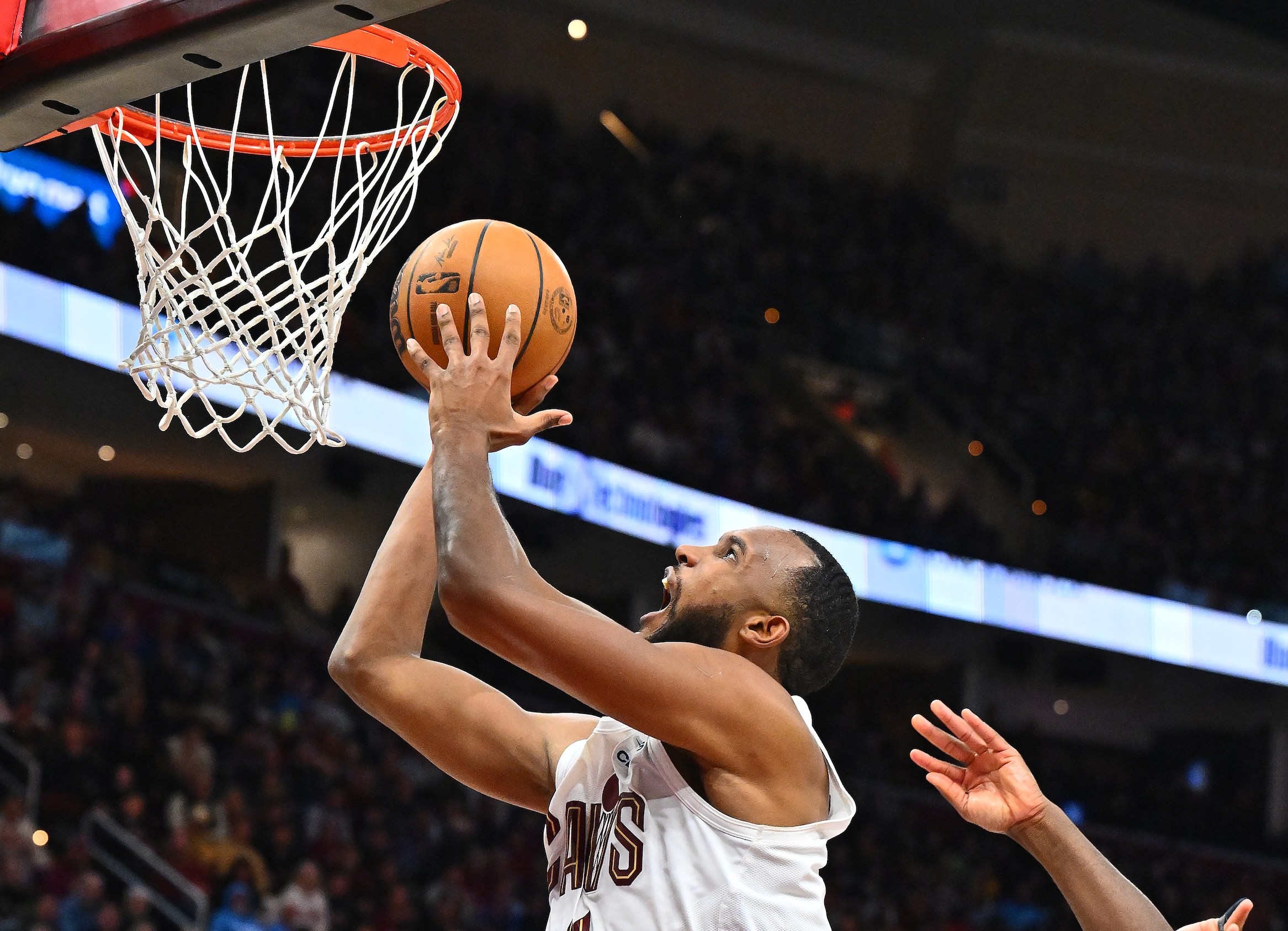The modern blogger is a hardy organism. She can withstand the indignities and volatilities of life so long as she is allowed modest amounts of sunlight, water, yogurt, and Detroit Pistons basketball. Oh no. It seems she is beginning to wilt.
In theory, watching the Pistons is as easy as tuning into Fox Sports Detroit, the regional sports network that serves as the team’s exclusive local broadcaster. Fox Sports Detroit is one of the 22 Fox Sports–branded regional networks that constitute Diamond Sports Group, a Sinclair subsidiary whose stations hold exclusive local rights to broadcast the Bucks, Cavs, Clippers, Hawks, Heat, Hornets, Magic, Mavs, Nets, Pacers, Pelicans, Spurs, Suns, Thunder, and Timberwolves, plus 12 NHL teams and 14 MLB teams. Sinclair came to acquire these formerly Fox-owned regional sports networks last year after the Justice Department sued to block Disney’s purchase of 21st Century Fox on antitrust grounds. The sale, it said, could only proceed if the Fox Sports RSNs were sold off separately to a company that did not also own ESPN.
RSNs are an increasingly tough business anyway, but they were hit especially hard when the pandemic left them without regular live sports programming for months. In early November, Sinclair wrote down the value of its networks by $4.2 billion. (It paid $9.6 billion for them.) In the meantime, the various streaming services that pay Sinclair to carry these local channels—Hulu, YouTube TV, Sling, and such—all figured the dead zone between the end of baseball season and the beginning of basketball season was as good a time as any to let their deals with Sinclair lapse.
It extremely sucked to learn all of this at 6:58 p.m. last Friday night, having gone nine months without watching a Pistons game and being quite eager to watch their preseason tipoff on the streaming service I usually use to watch live television. This is not a particularly outré wish. In fact, it is something like the simplest kind of fandom: A fan of an NBA team, living in that team’s market, would like to watch that team play. Unfortunately, the Pistons are nowhere near good enough to appear on national television with any satisfying regularity, and locally televised games are blacked out on League Pass. With Fox Sports Detroit unavailable on my streaming service, that leaves only the byzantine and unappealing options of getting a VPN to avoid those blackouts or seeking out dubious pirate streams. We upstanding, law-abiding, salt-of-the-earth cord cutters who seek only to watch a basketball game on the living room TV are mostly out of luck. “Mostly” because there is one legal means of streaming Fox Sports Detroit—and the Sinclair RSNs are all recommending it—but it is the egregious $80-a-month AT&T TV Now, a purchase I will make right after I purchase the entire Detroit Pistons franchise.
Ideally, as fans of the affected teams awake to this situation and lobby the companies to resolve it, the broadcasters will all be motivated to figure out some deal. But Sinclair appears to have its own ambitions in the streaming space. The company recently partnered with the casino operator Bally’s and plans to launch—oh, come on—a standalone RSN streaming service by the spring, this one replete with a bunch of garbage to ruin your viewing experience. From the press release:
By integrating gamification elements that allow audiences a more personalized and interactive game experience, consumers of live sports in the future can look forward to a more dynamic and engaging sports viewing experience. With the U.S. sports betting and iGaming market expected to ultimately reach ~$50 billion at maturity, this partnership perfectly positions our sports portfolio to fully capitalize on changing audience behavior.
Right. In English, that means the plan is to shrink the actual feed of the game to the size of an ice cube and to fill the remaining space on the screen with various “dynamic and engaging” charts and tickers until the NBA viewing experience approximates the Bloomberg Terminal. This is something RSNs in places where sports betting is legal are trying already:
On Friday, @NBCSWashington and the @WashWizards will produce a broadcast that will feature a free-to-play predictive contest with a $500 prize.
— Front Office Sports (@FOS) January 9, 2019
This is what it will look like with real-time sports betting data and statistics displayed on-screen. pic.twitter.com/5PBEpNpqGd
On an investor call last month, Cleveland.com reports, Sinclair CEO Chris Ripley said, “The overall vision ... is to gamify sports, to make watching sports like playing a video game. We think this will dramatically increase the attractiveness of sports, the engagement, especially from the younger generation.”
No! Sports need to be gamified about as much as water needs to be drinkified. Watching actual basketball games already offers plenty in the way of sublimating one’s sick, competitive impulses. On any given night of Pistons basketball, without having wagered one single dollar, I am exhibiting roughly the composure of Howard Ratner. If Sekou Doumbouya cuts to the basket and dunks, I will explode of happiness. If Jahlil Okafor is called for a charge, I will crumple to the floor and die. The issue of “engagement” was solved like 20 years ago, when I became a fan of sports. The only thing I am asking here is for some seamless, not cruddy, not insanely expensive way to watch them.
You will find that sports fans are very willing to pay to watch their local teams, and it is often for that reason that they subscribe to TV streaming services in the first place. What they do not care for is shelling out additional exorbitant sums of money to receive services they have already paid for. Too bad, I guess! Welcome to the future. Every consumer is stuck in some feud between a creator and a platform, neither of whom has any qualms about charging everyone more for the pleasure of being offered less. Some guy is getting paid millions of dollars to invent unintelligible solutions to problems that don’t exist.
Guard Killian Hayes has set an NBA assist record in a decisive Game 4 of the 2022 NBA Finals. A teen is winning $1,500 on “Yes” on the on-screen prop bet “Will Blake Griffin have 20 points by halftime.” I am listening to this game, disconsolate, on the radio.
